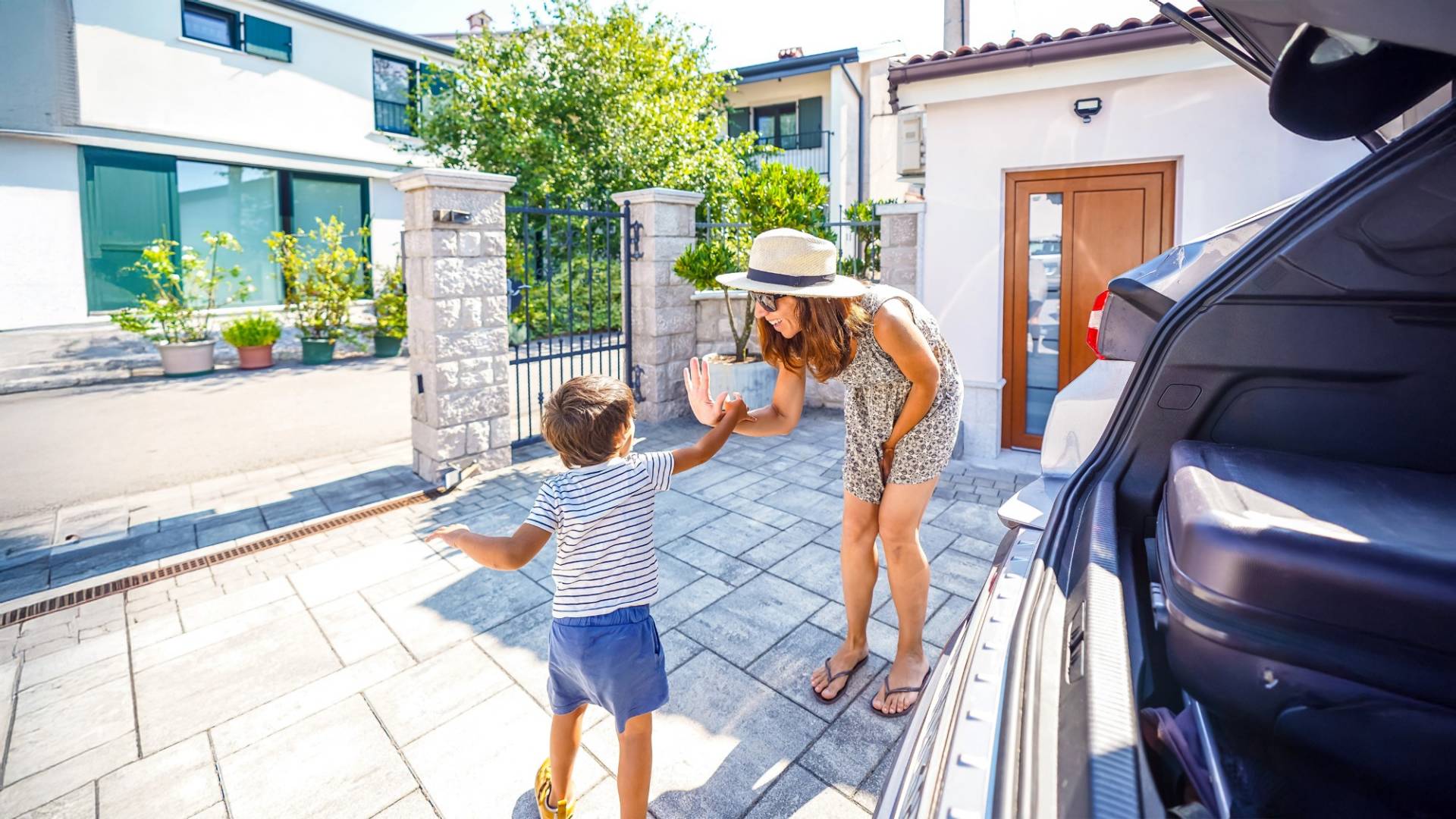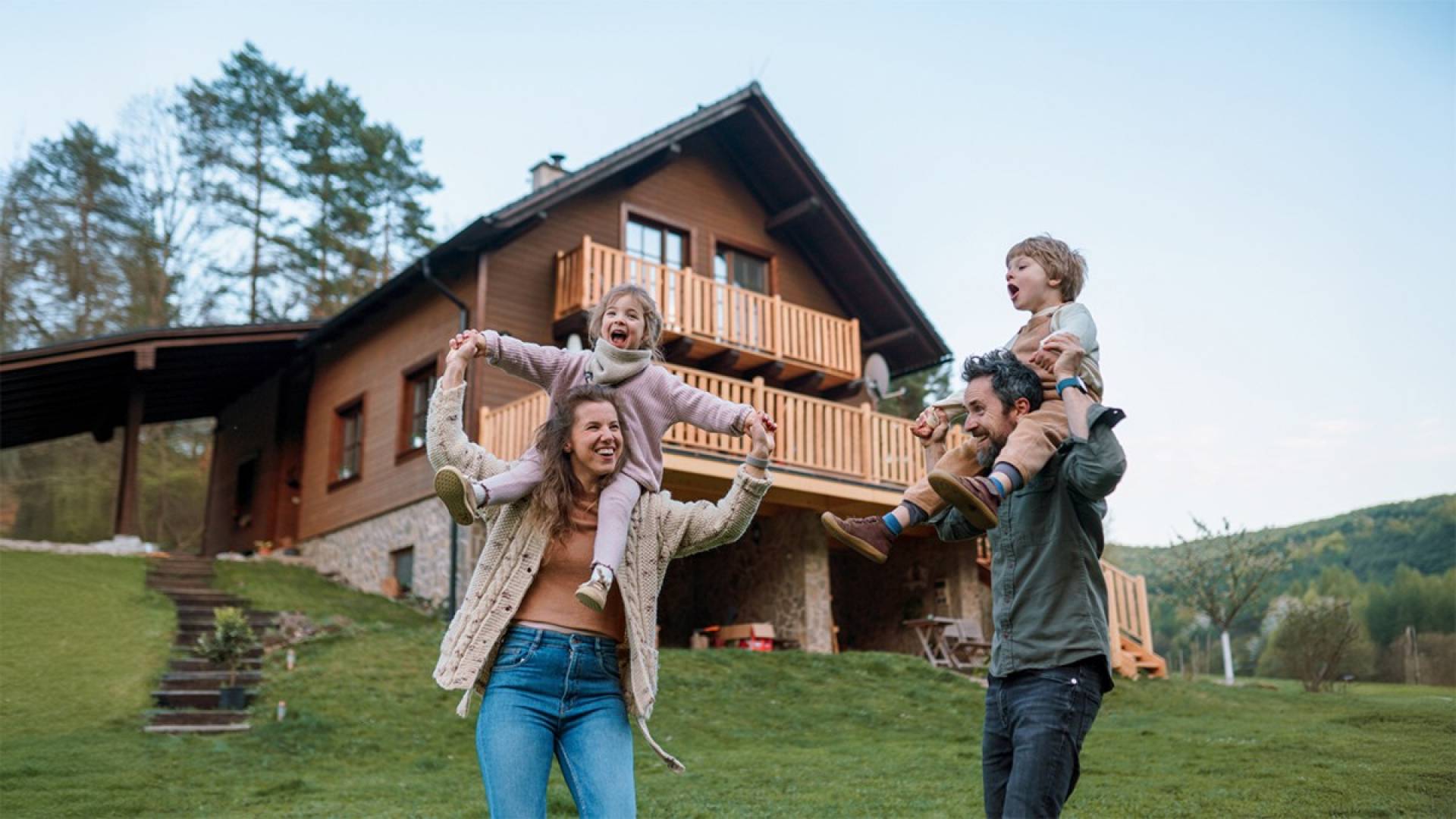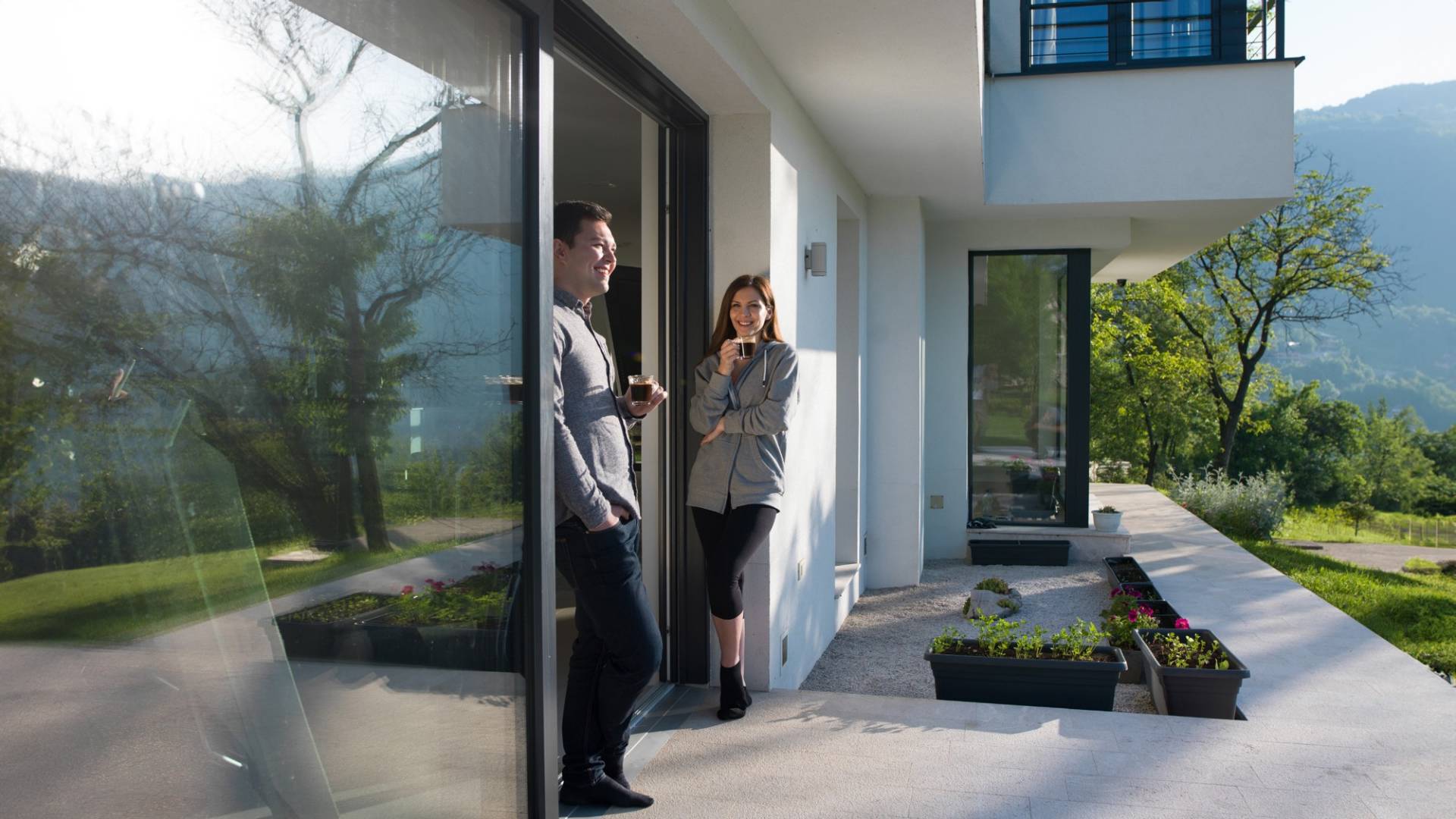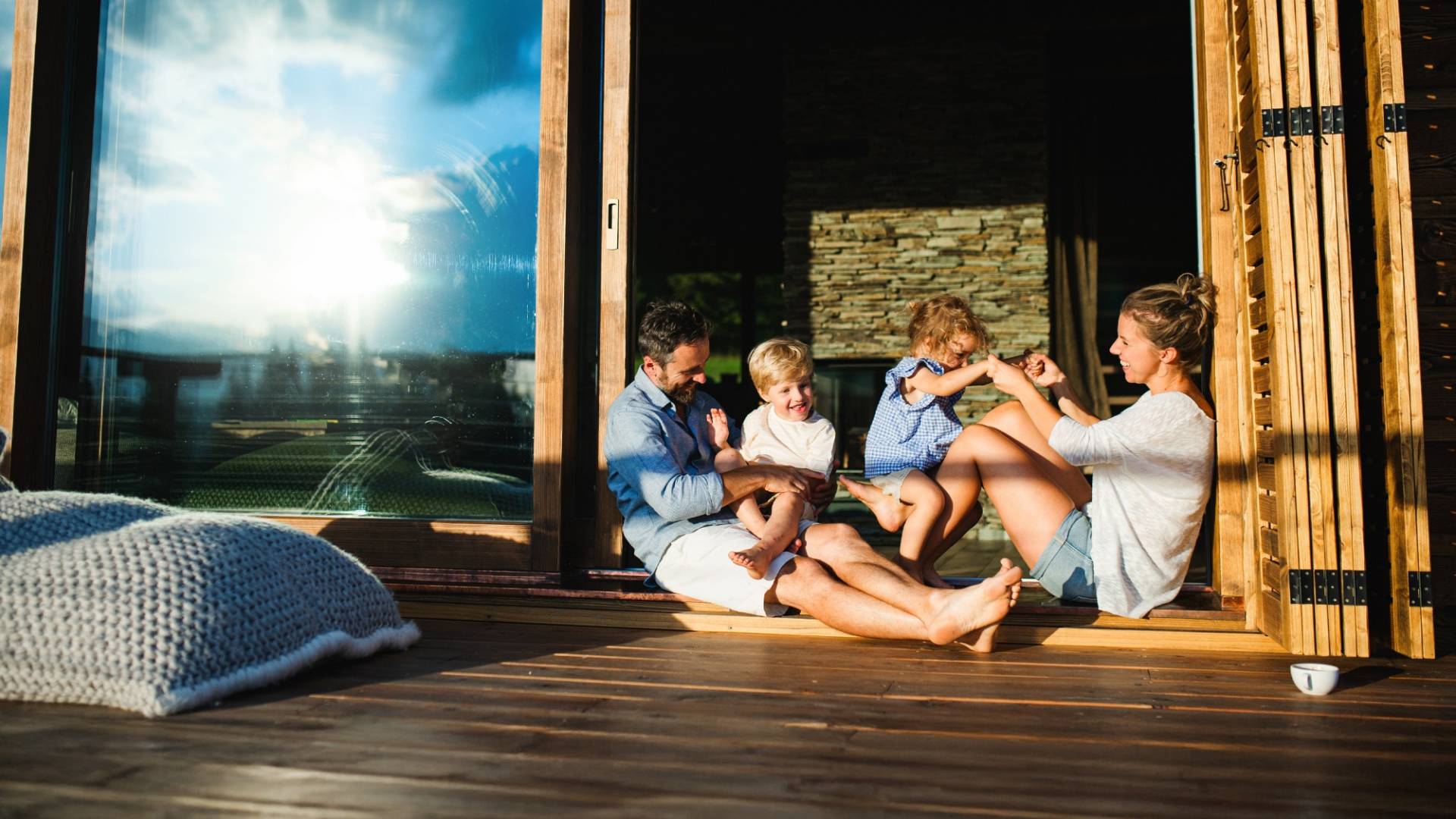We use cookies to make its website more user-friendly, secure and effective. Cookies collect information about the use of websites. Further information: Information on data protection
-
Holiday apartments – renting vs buying
01.09.2025 | Sandra BiraghiOwning your own holiday apartment gives you freedom – but it also comes with certain responsibilities. So what makes more sense – renting for flexibility, or investing in a place to call your own? We explain the pros and cons of both options.

Holiday apartments – renting vs buying

Many of us dream of having our own retreat by the lake, in the mountains or by the sea – a peaceful place to unwind and leave the daily grind behind.
In fact, according to the latest ideal home survey conducted by Helvetia and MoneyPark, around 16% of respondents own a holiday home or a second home in Switzerland (9%) or abroad (7%), and a further 14% have firm plans to buy one. But these figures are still lower than in the previous survey from 2021. This may be because the benefits of renting have since started to outweigh those of buying.
When does buying make sense financially?
Prices at Swiss holiday resorts have continued to rise in recent years, which means the buying price alone can already be a major obstacle.
Annual expenses include mortgage interest, administrative costs, utilities, insurance, depreciation, contingency funds and taxes. These figures can vary greatly and depend on many factors. The following cost comparison serves as a guide:
If we compare the aforementioned annual expenses for a property worth CHF 600,000 with the cost of renting an average holiday apartment at CHF 170–250 per night, you would need to use it yourself for 9–13 weeks per year to break even. For a property worth CHF 1,000,000, you would need to use it yourself for about three to five months to match the cost of renting. These figures differ depending on aspects such as seasonal demand and the price levels in the specific holiday region.
Renting out the property can make a significant contribution to your fixed costs, but it limits your own use and generates additional expenses, such as for management and cleaning. Furthermore, any rental income you generate is subject to tax.
The situation is different if a property is bought together with other people or families, or if it is inherited. In such cases, the fixed costs can be split. However, fair planning is essential to ensure that no one feels disadvantaged when it comes to using the property.
Summary: Renting or buying – which is better?
Both options have clear advantages and drawbacks that are worth weighing up. For those who value flexibility and variety and want to have full control over the cost of their holidays, renting is probably the better choice. Buying a holiday apartment is a luxury. If you can afford it and enjoy using it regularly, it can greatly enhance your quality of life.












